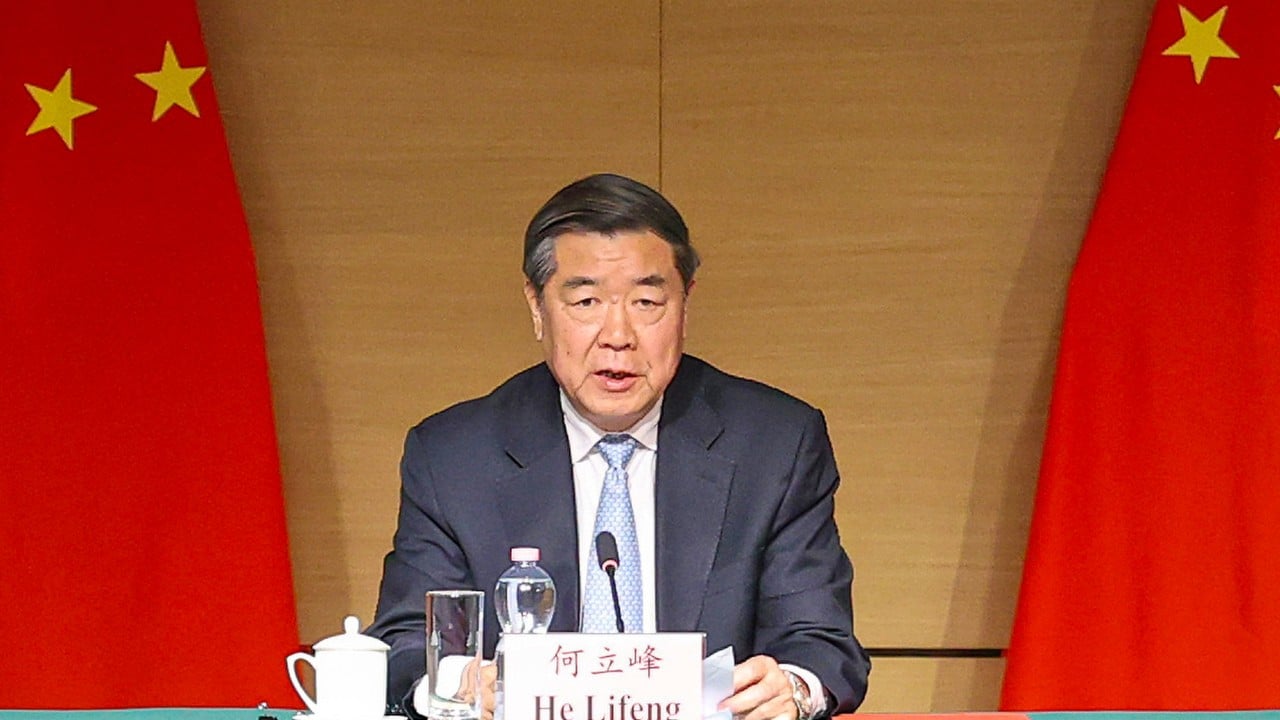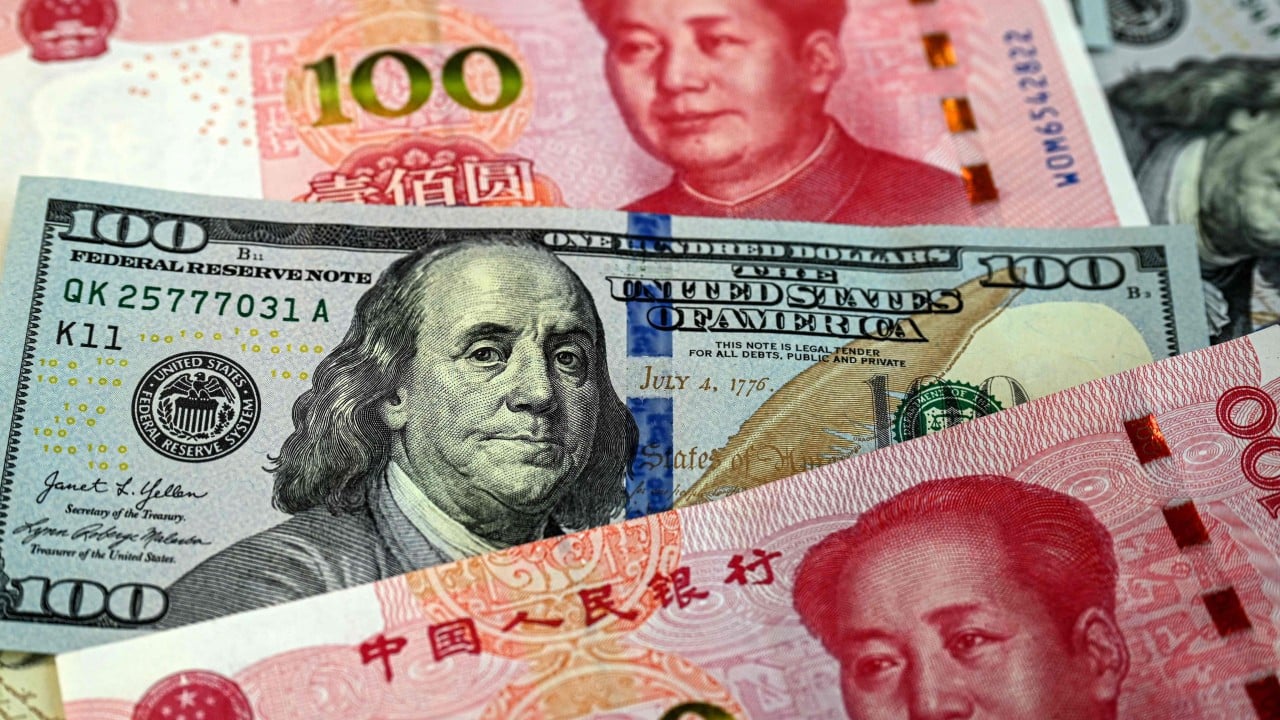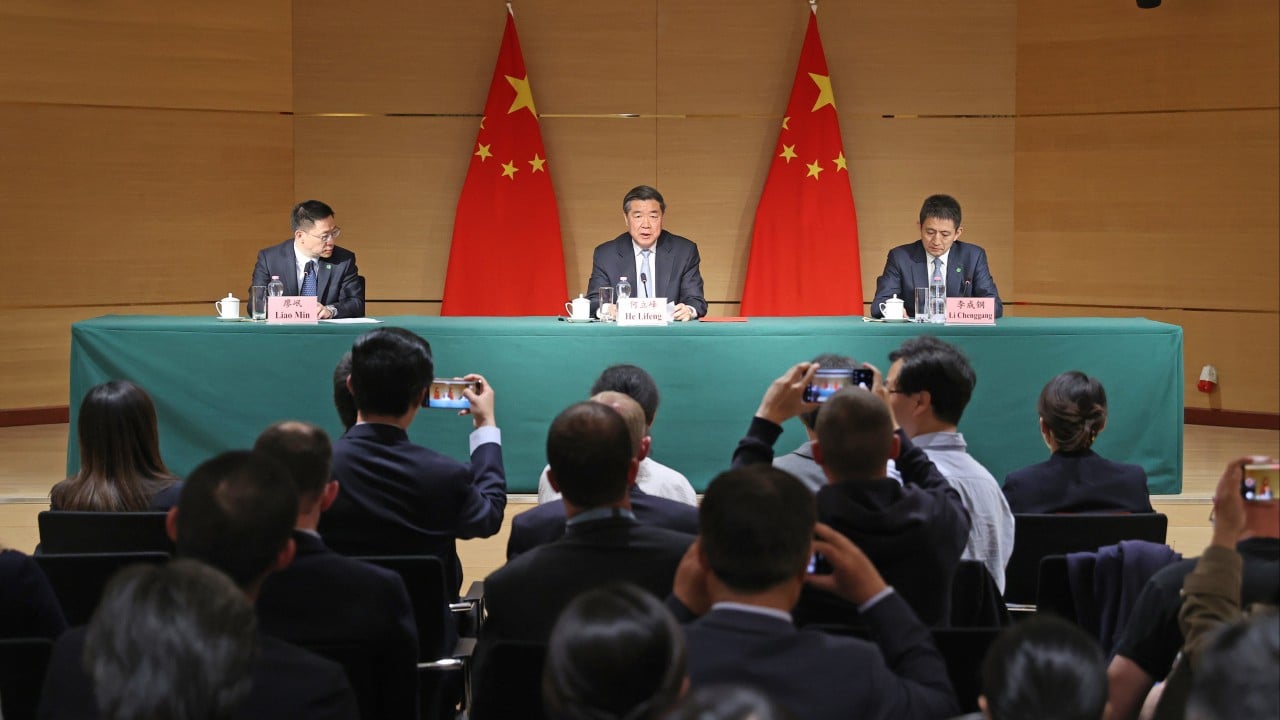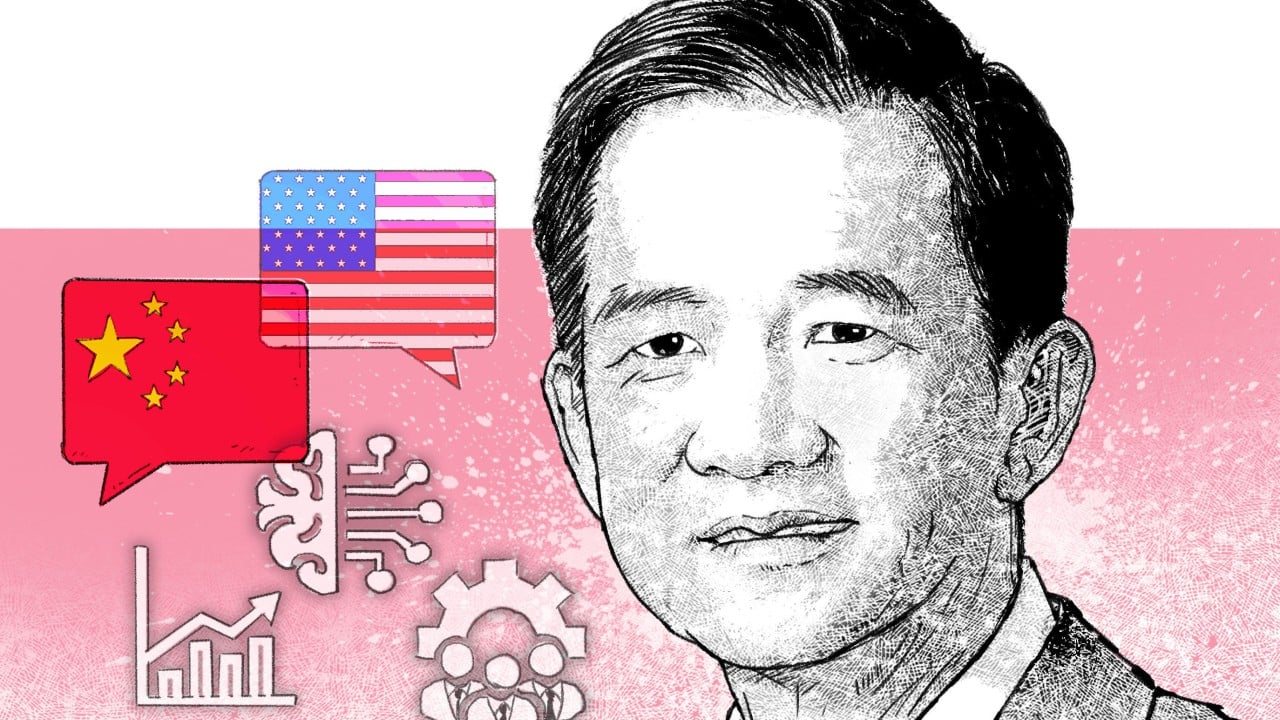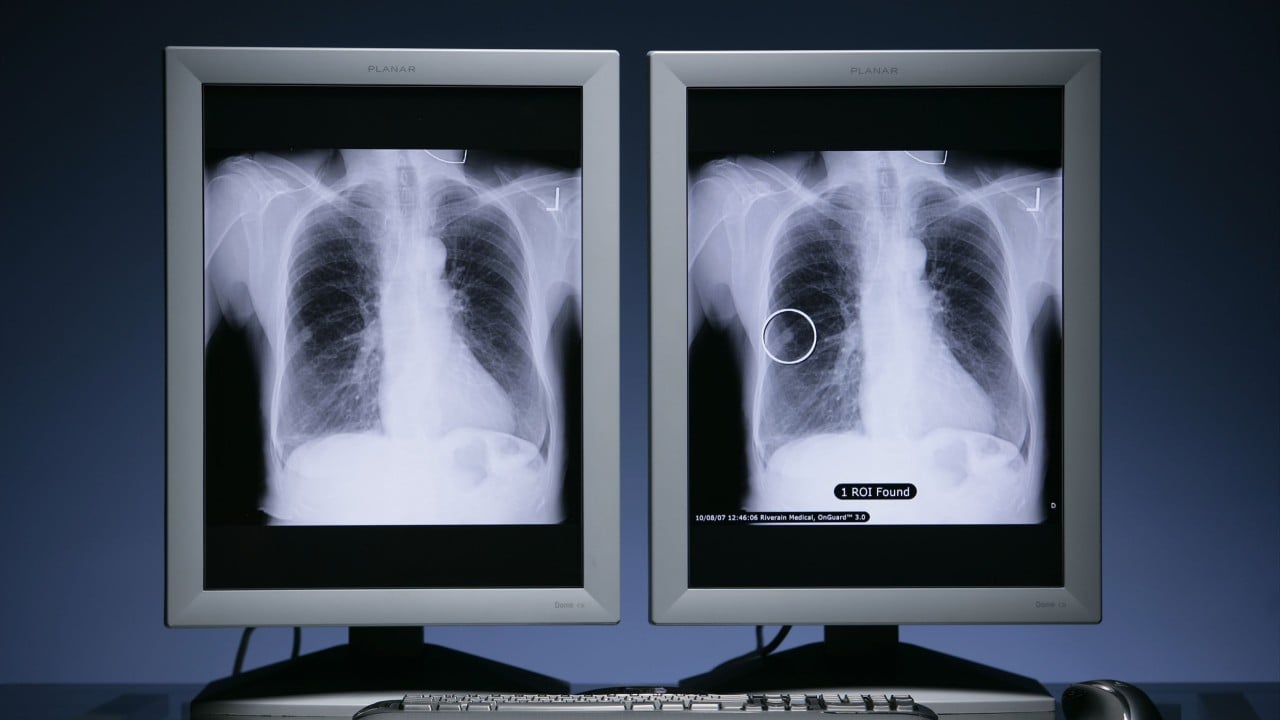
Public awareness of weight management is on the rise in China, with 70 percent of adults expressing a desire to lose weight and over 60 percent willing to invest time and effort to achieve this goal.These findings were highlighted in a newly released white paper on the health and weight control of Chinese adults, unveiled at an obesity prevention conference held on Saturday in Foshan, south China's Guangdong Province.The white paper showed that half of Chinese adults have made self-assessments that do not match their actual body mass index (BMI), while 14 percent who consider themselves to be in the healthy range are overweight in terms of the BMI measurement.Such inaccuracy in self-assessment makes it tougher to prevent and control cardiovascular and cerebrovascular diseases, diabetes and other chronic diseases, indicating an insufficient understanding of obesity's risk to health, according to Liang Xiaofeng, vice chairman of the Chinese Preventive Medicine Association, the organization which authored the white paper.Currently, 34.3 percent of Chinese adults are overweight and 16.4 percent are obese, according to data from the National Health Commission.
Without intervention, that number could rise to 70.5 percent by 2030 – potentially resulting in $61 billion in related medical expenses.To tackle the growing health threat, authorities launched a nationwide campaign in June 2024 aimed at creating a more supportive environment for weight control over the next three years.
Hospitals across the country are being encouraged to establish obesity prevention and control centers offering inpatient weight management services.
Nearly full coverage of such services is expected by June 2025.The white paper added that more than half of the Chinese population are now taking active steps to control their weight, prioritizing diets with less oil, salt and sugar while opting for appropriate meal replacements.It also called for more active, comprehensive and continuous social support by building a weight-control knowledge system and adopting scientific and effective measures that focus on the actual needs of the public.(With input from Xinhua)

 18
18









